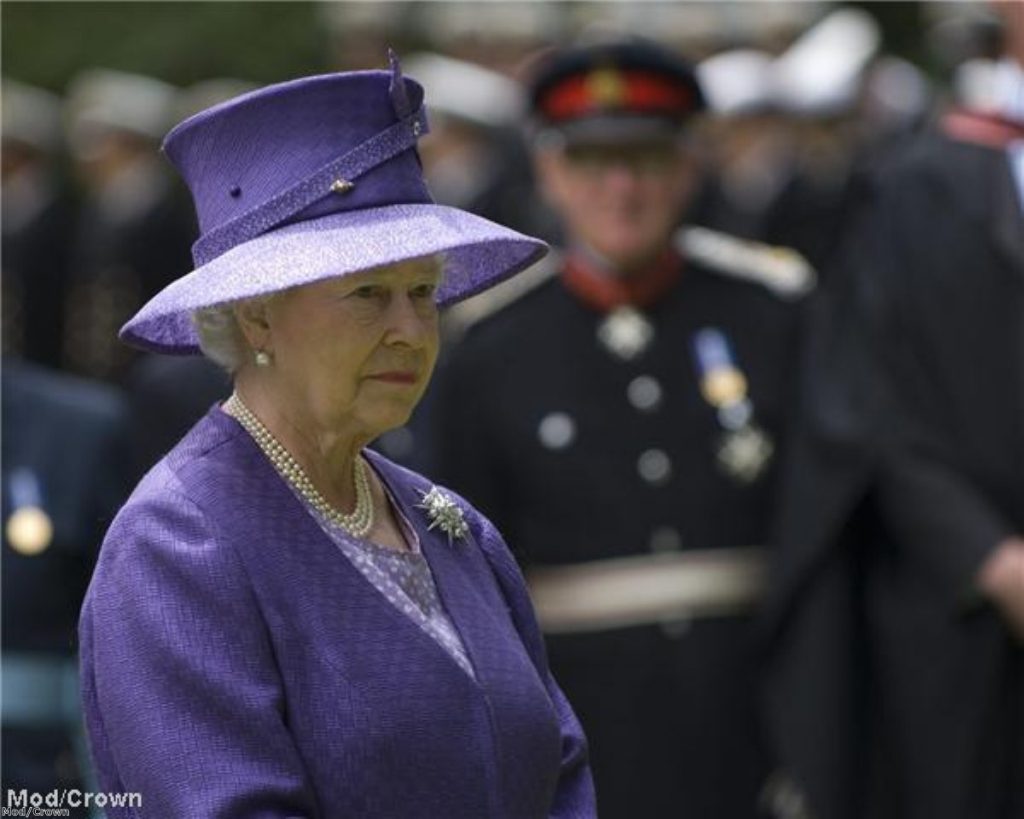Questioning the Queen’s religious role opens up a real can of worms
MPs are usually keen to make the most of the platform their select committee reports give them to shout to the rooftops about their particular issue.
That is definitely not what is happening when it comes to the Queen's future role as head of the Church of England.
This was a side-issue raised by the political and constitutional reform committee's brief report on changes to the royal succession rules.
Overturning a centuries-old ban on sovereigns marrying Roman Catholics was always going to be a good thing. What those in power might not have realised were the implications it held for the monarch's broader relationship with religion.


Enter Bob Morris of UCL's Constitution Unit, who gave evidence to MPs and raised points about the Queen's role as governor of the Church of England.
MPs, who listened carefully to his evidence, noted that the future role of the crown in the Church might be something for the Commons to consider in the future.
But they weren't prepared to go much further. Clearly this is a very sensitive issue which could provoke real hostility from the establishment.
"No one wants to take this head on," Dr Morris agreed when I spoke to him earlier today.
"They're very leery about the fact one would have to revisit the monarch's connection with the Church. People are very uncertain about this, mostly because invited to believe it's a much more portentous matter than perhaps it really is. They realise it's uncharted waters."
He adds: "What they would dearly wish is if any changes were made are voluntary by the Church of England itself."
This doesn't appear very likely. Why would the Church want to rid itself of such an influential figure, doing away half a millennium of history in the process? No – any reform moves will have to be forced upon it by politicians.
The problem is, when it comes to something this old and entrenched, the status quo looks very attractive.
Perhaps reform of the Lords might be an area where the prospect for change is a little more realistic. The place of the bishops in the reformed upper House is currently the subject of debate as MPs and peers debate the government's draft bill. In a 100% elected chamber, it stands to reason, there won't be any room for religious figures. But the other scenario, which is 80% elected, could leave space for them.
"What the Church is banking on is that there isn't a sufficient degree of agreement to threaten the position," Dr Morris says.
"The removal of the hereditaries [in 1999] shows the bishops are increasingly seen as anomalous.
"Why should religion, any more than any other interest group or representative, be given a place as of right in the legislature? The question is – why should you have any corporatism at all?"
Given the enormous struggle by peers to resist any kind of change – and let's face it, after 100 years of blocking reform they're quite good at it – the Church of England will be hoping it can hide behind the smoke and avoid any change to its current privileged position.
— Alex Stevenson Follow @alex__stevenson









